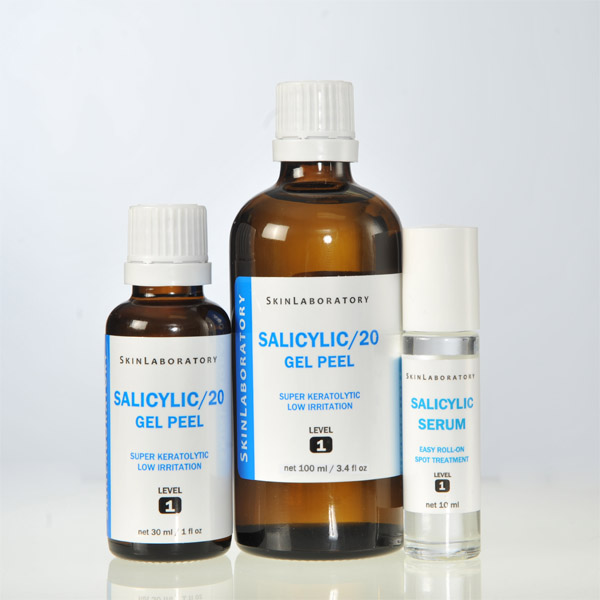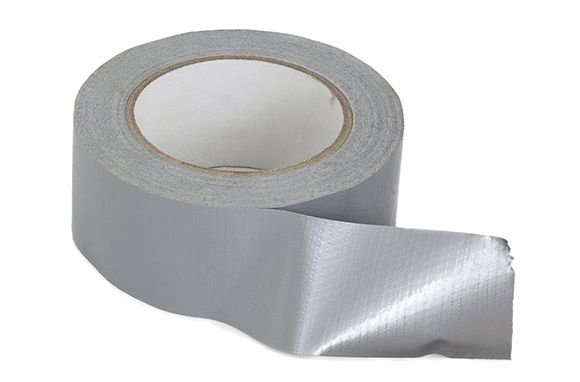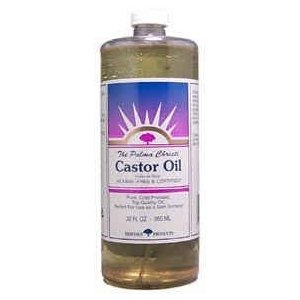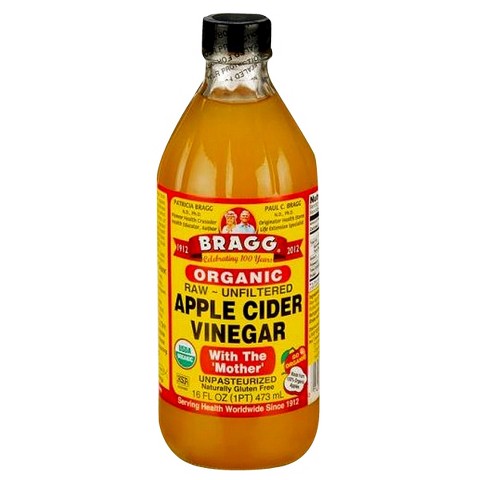Contracting a sexually transmitted disease (STD) can be nerve-racking to say the least. It doesn't ease the mind to know millions of people suffer from the same condition, like in the case of human papillomavirus (HPV). Also known as genital warts, HPV is the most widespread STD in the U.S., with nearly 80 million people suffering from the virus. Besides causing warts in the genital area, HPV is also cited as a contributing factor to the development of cervical, throat and mouth cancers.
Do Genital Warts Go Away by Themselves?
Yes, most often, HPV will run its course and clear your body on its own. This can take a couple of months or up to a few years. There is no way to predict how long the virus will stay in your system. Rarely do the warts themselves cause extended health issues. They can go away on their own or with certain treatments.
How long it will stay in your system depends on your immunity and how fast it can rid your body of HPV. If you have a weak immune system, it can take a very long period. This can cause you discomfort and increase your chances of passing the virus to other people. If this is the case, you may want to seek medical treatment.
Warning: It is important to note that even if you can't see them you may still have the HPV virus on your skin. This means you can still pass it to your sexual partners.
What Will Happen If You Just Leave It Untreated?
If you leave your genital warts untreated, the following things may happen:
- They may resolve by themselves and disappear.
- They may stay the same size.
- They may spread, covering more area and becoming larger.
If you don’t treat your genital warts, you probably won’t hurt your overall health, but you may experience discomfort and be put off by their appearance. When wondering if you should get them treated, you should consider that about one-third of cases of genital warts go away about 3 months after they appear. However, if they do not disappear after a couple of years, chances are slim they will go away without treatment.
Do genital warts go away by themselves? Often they do, but if yours don’t, there are several treatment options to consider. The main goal of treating warts is to eliminate uncomfortable symptoms like bleeding from broken warts, itchiness and the frustration caused by being able to see them. Be sure to keep in mind that now and then it only takes one round of treatment, but for many it may take multiple rounds. Also, remember that even though you have the warts removed, the virus might still be in your body and the genital warts could resurface later.
How to Get Rid of Genital Warts
1. Find Salicylic Acid Treatments

One of the safest and most widely used genital wart treatments, salicylic acid works but takes a long time to be effective. Two popular products are Occlusal and Compound W. They wear down and soften genital warts, which helps speed the process.
- If using salicylic acid, sit in a warm bath to soak your warts in water. Then apply the treatment solution, cover with a bandage and leave covered overnight.
2. Cover With Duct Tape

One out of 5 people can get rid of their genital warts by using duct tape. Sounds crazy, right? It actually works for some people!
- Simply place a piece of duct tape on each wart, leaving for a week. When time is up, take the tape off. You should be able to use a callous file or emery board on the wart to remove it. If any remains, repeat the treatment from the beginning until they are all gone.
3. Apply Castor Oil

Castor oil is used for a wide variety of medicinal purposes. One drawback is it has a strong smell. If this bothers you, you can mix it with peppermint oil to make it more pleasant. Try using one of these methods of treatment:
- Mix the castor oil with baking soda to make a paste. Apply it to your warts, reapplying every couple of hours. Cover with a bandage to prevent it from getting on your clothes.
- Soak a gauze or cotton ball with the castor oil. Apply it on your warts and tape to area. Replace with new soaked gauze about three times a day.
4. Try Tea Tree Oil

Do genital warts go away by themselves? Maybe, but if not you can try tea tree oil to get rid of them. Studies are still being done on its effectiveness, but evidence shows it to be helpful.
- Soak a gauze or cotton ball with the tea tree oil. Apply it on your warts and tape to area. Replace with new soaked gauze three or four times a day. It can take anywhere between a few weeks to a few months for the wart to completely go away.
5. Soak in Oatmeal Bath

Oatmeal is a super food, good for not only your diet, but also for your skin. While it won’t make your warts go away, it can help relieve your symptoms like itchiness, mild pain and irritation.
- If taking a warm oatmeal bath isn't enough, try creating an oatmeal scrub by mixing it with water to create a loose paste. Then gently exfoliate your skin. This can help moisturize the area, keeping it clean and less likely to develop future genital warts.
6. Apply Apple Cider Vinegar

Apple cider vinegar is very acidic and is used for a number of ailments. However, it can be painful to use as a treatment for genital warts as it can sting. One positive is it is usually fast acting, with your warts disappearing within 3 weeks.
- To use, soak a cotton ball in the vinegar, apply to your warts, cover with a bandage and leave overnight. Wash the area in the morning. If you cannot tolerate the stinging, you can try applying for 15 minutes at a time, several times per day. This method may take longer to get rid of the warts.
Warning: No Scratching, No Itching and No Moisture
Do genital warts go away by themselves? They can, but you ruin your chances of that happening if you itch and scratch at them. You can puncture your warts, causing them to bleed and spread to other areas. Even if you do not scratch at them, you can risk getting the virus on your undergarments, so keep the area dry. Also, wash your underwear or other clothing that touches the area separately in hot water. Change your undergarments every 8 hours to help keep the area free of moisture.
And Do Something to Prevent It!
The best way to treat HPV and genital warts is to prevent it. There are things you can do to reduce your chances of contracting the STD.
- Refrain from sex and contact with other's genitals. If you do have sex, have smart sex. Studies have shown that people who have minimal sex partners, especially during their younger adult years, have a lower chance of getting HPV than those who have a multitude of partners throughout their lifetime, particularly in their teens and early 20's.
- Use condom. Latex condom cannot completely guarantee that you will not contract HPV, because the virus may be on skin that is not enclosed by it. However, it can greatly reduce your risk of getting the virus.
- Get the HPV vaccination. While it does not fight all types of the virus, it does protect you from the most common strains that have been found to lead to cervical cancer and genital warts. There are recommended ages to get the vaccine, so speak with your doctor on whether you meet the guidelines. It is best to get the shot before you start having sexual intercourse, but even afterwards the vaccine may lower your risk.
